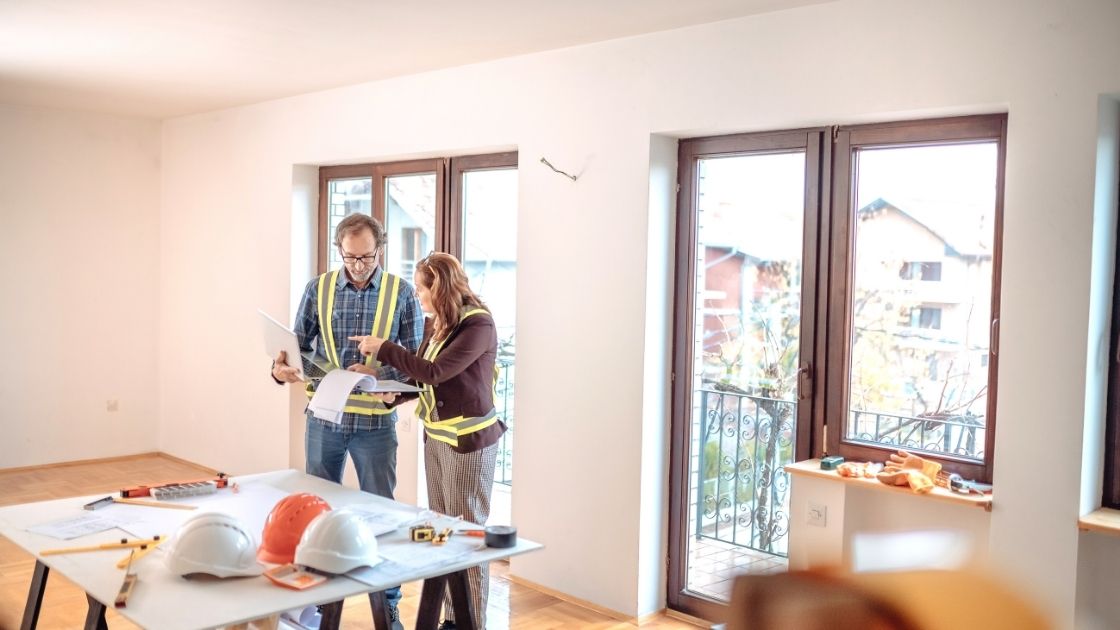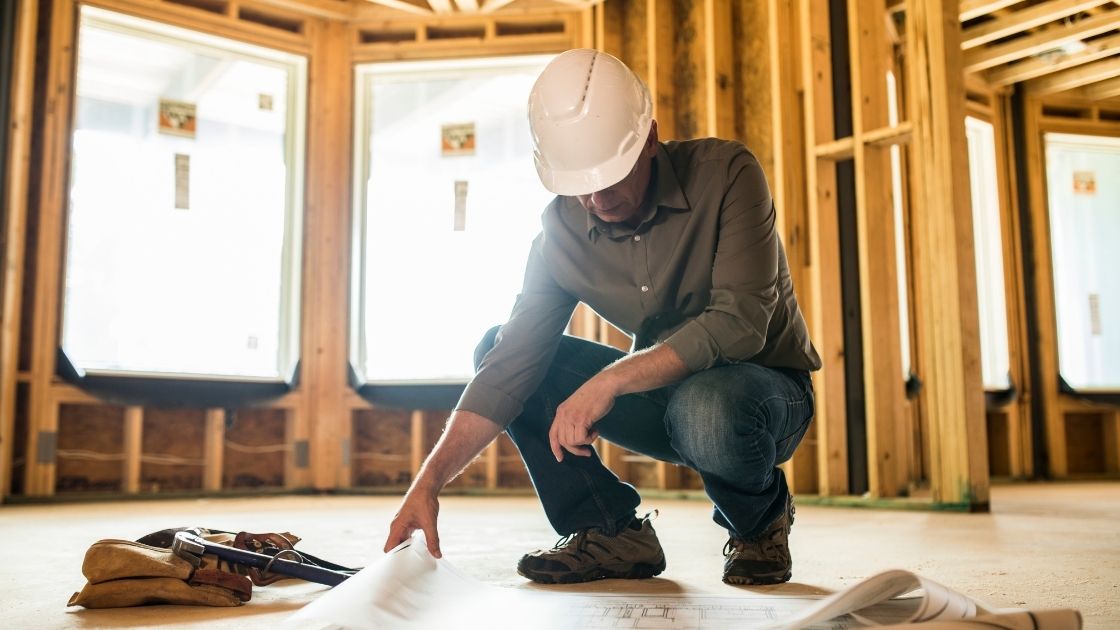You’re ready to start your investing career, or maybe you’ve already completed a few flips or sales already and are ready to step up your investing game. New construction homes may interest you, but what are important things to keep in mind when approaching your first new build? Follow these three tips for your first new construction investment property to help ensure your success.
Three Tips for Your First New Construction Investment Property
While there are many factors that impact your new construction investment, there are three key factors that can make or break your success: budgeting, location, and your construction team. As long as you prioritize these elements for your new build, you should find success at the end of your project.
1. Keeping A Tight Budget
Budgets are an integral part of any real estate investment. Staying true to your budget makes the difference between being profitable, breaking even, or even losing money. Everyone in investing is in the interest of making a profit, and the way your budget is structured can facilitate your potential gains.
One cost that has recently impacted the home building and renovation business at large is the price of lumber. With the pandemic hitting the lumber industry through labor costs and limited production, lumber prices increased significantly until just recently.
According to The New York Times, early May of 2021 saw costs climbs to a peak of $1,600 per thousand boarded feet. Currently, however, The New York Times informs us that lumber is down 45% from this peak, hitting below $1,000 per boarded foot for the first time in months. What has caused lumber costs to decrease so greatly from recent highs? Demand for lumber has begun to cool down as an increase in production has started sating industry needs.
Aside from cases such as current lumber production prices, being aware of typical costs that could impact your build is essential to your profitability. According to Homeguide.com, the average cost to build single-family home runs between $100 to $155 per square foot. As such, a home with a 2,000 square feet footprint will run anywhere between $200,000 to $310,000.00 on average.
On Homeguide.com’s low end of the national average, they estimate that new construction homes cost $178,000. The median price falls around $248,000, and the high end is estimated at around $416,000. As for regional pricing averages per square foot, the South is $100 on average, the Midwest is about $109, the West about $131, and the Northeast runs highest around $155.
Hidden costs to homebuilding can also include time spent on items such as:
- Permitting delays by governmental authorities
- Labor and construction needing to be redone due to failure to follow codes
- Unforeseen structural, mechanical, plumbing, and electrical issues
Generally, it’s wise to have at least a 10% contingency built into your budget to account for such problems arising.
2. Permitting and Building Up to Code
Referencing the above, an important aspect of home building is making sure you apply for the proper permits and have the correct licensed professionals. Otherwise, you could face penalties such as fines, or you could be forced to start over fresh after proper permitting is obtained.
In order to proceed with building your house, the following steps need to be taken in obtaining the correct building permit:
- Complete the Building Permit Application as required by local housing authorities.
- Have your site plans ready prior to meeting with housing officials.
- Meet with housing officials to get your site plans approved.
- Comply with continued inspections during your build in order to get final approval from authorities.
Permitting costs may vary, but Experts in Your Home quotes an average of $441 to $2001. While the process of permitting your house plans may be bothersome, doing it the right way will save time and money down the road.
3. Hiring the Best General Contractor for the Job
Back in 2018, we discussed how important it was to draft the best contractor team for your fix and flip project. Likewise, a solid contractor team will be at the core of your success for your new construction build. When deciding on a general contractor for the job, there are a few things to bear in mind.
First, make sure the contractor you hire is the best fit for the type of job. Do they have previous experience in new construction? Or do they specialize in smaller rehab projects or commercial real estate? Skills and knowledge may not translate from one job type to another, so it’s best to recruit a contractor that has other new construction projects under their belt.
While you look at potential contractors to partner with, make sure you check their references. How many previous new construction investments were they a part of? Were there any issues that arose during the project? If so, how did they handle the situation? You want to make sure the contractor you hire is seasoned and capable of handling things on your behalf.
In addition to references, ensure that your contractor is properly licensed. While some states may have looser requirements than others, you’ll need to make sure your contractor is up to date with any licensing and education required to maintain their role as a general contractor. Additional licensing for big-ticket projects such as plumbing, electrical, mechanical, and structural are important as well. If your general contractor doesn’t have any of these specialties, make sure they have the ability to vet and obtain other licensed professionals to complete the job.
General contractors should always keep you informed during the project. Before you begin, they should inform you of all permitting requirements that will be necessary. If they don’t, it may be a cue to start the search for another contractor.
About Bay Mountain Capital
Bay Mountain Capital is a hard money lender based in Dallas, TX. They have been providing funding for single-family and commercial investments since 2008 and have expanded their coverage to span Texas, Oklahoma, Tennessee, and Georgia. To learn more about their terms and how they might help you, check out their site at www.baymountaincapital.com.


Great content! Keep up the good work!